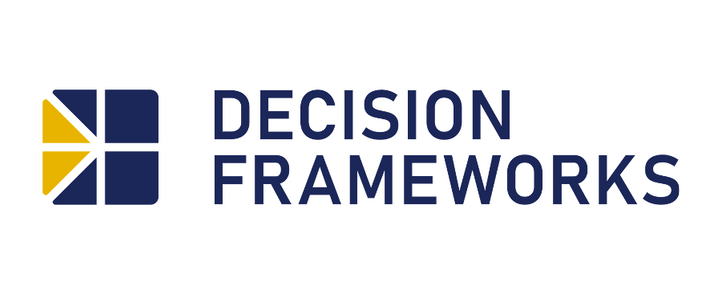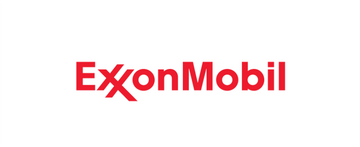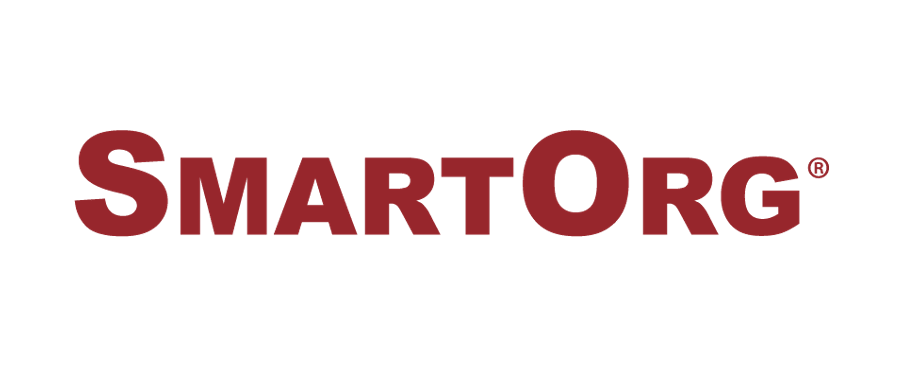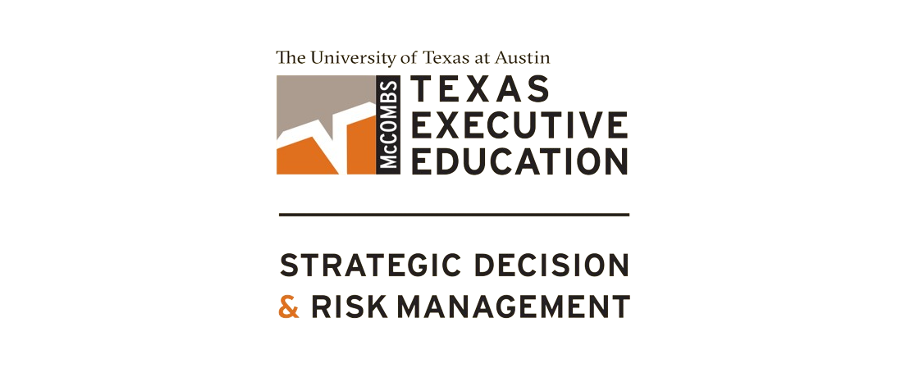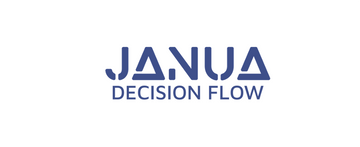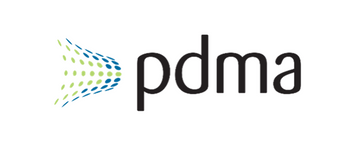Keynote Speaker
Don't miss your chance to join David Snowden and fellow industry leaders at this pivotal event. Secure your place now to stay at the forefront of cutting-edge decision-making strategies.
Decision-making, Forecasting and Community Engagement
We are thrilled to announce the conference KEYNOTE SPEAKER, DAVID SNOWDEN to take the stage on the morning of April 16th to kick-off the 30th SDP Annual Conference, where he will delve into the intricacies of effective decision-making in situations where prior analysis is challenging or even perilous.
Rather than relying on conventional anticipatory methods, David will unveil strategies for fostering responsive decision processes capable of swift action in times of crisis. These approaches include anticipatory alerts designed to capture decision-makers' attention at critical junctures where minor interventions can yield significant impacts.
This is a unique opportunity to gain insights from one of the most prominent figures in knowledge management and the application of complexity science. David Snowden currently serves as Founder and Chief Science Officer, and holds esteemed positions as an extraordinary Professor at the Universities of Pretoria and Stellenbosch, in addition to being a visiting Professor at the University of Hull in the Centre for Systems Studies. His extensive publication record includes editorship of the journal Emergence: Complexity and Organization, among numerous other scholarly contributions.
With decades of experience in weak signal detection, foresight, and decision support, David will share groundbreaking complexity-appropriate approaches. Through real-life case studies at the nexus of complex decision-making and community engagement, he will introduce innovative methods for cultivating resilient organizations, communities, and nations.
DAVID JOHN SNOWDEN
Dave Snowden is the founder and Chief Scientific Officer of the Cynefin Co, where he works at the intersection of complex decision-making and forecasting and citizens’ or community engagement at a global scale, creating and trialling new methods for resilient organisations, communities and countries. One key concept in future studies currently is the “thick present” - the future is inherently uncertain but the present is knowable, and we shouldn't see the present as just a momentary context. It's actually thick with potential, if we can just map and manage it appropriately. Much of Dave's new work on foresight and decision-making looks into how we can manage the energy gradients of the present, to offer a better predictive mechanism than more traditional forms of forecasting or scenario planning. We need to build responsive processes with citizens and communities that create the capability to respond very quickly in a crisis - rather than anticipatory methods, we create anticipatory-capable processes, linked with our work on Estuarine Mapping and anticipatory alerts to draw decision-makers’ attention, when small interventions could make a massive difference.
Q&A SPONSOR
PATRON SPONSOR

